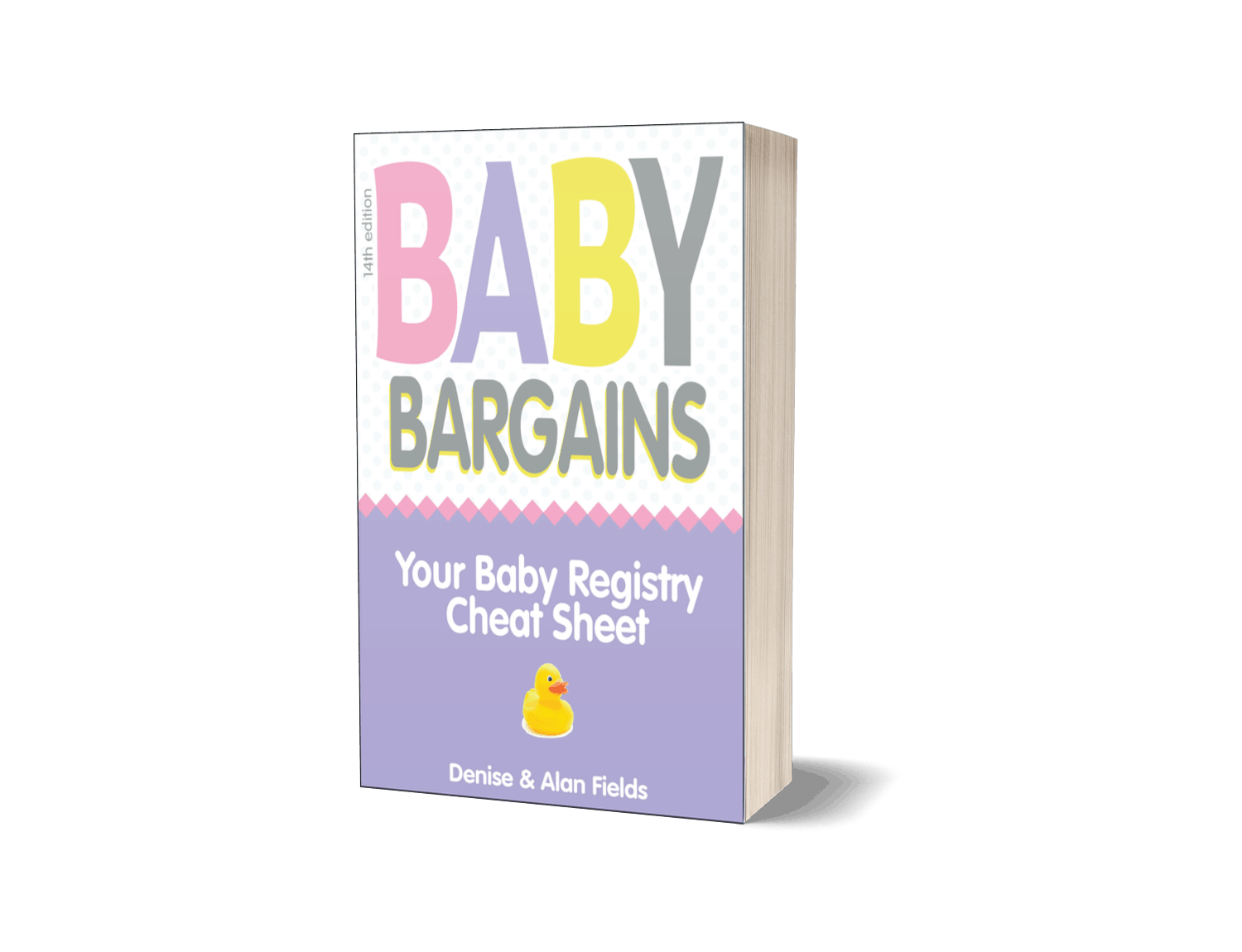We promised last week to peel back the curtains at the Juvenile Products Manufacturers Association to look at how the organization, which claims it is all about baby product safety, has worked behind the scenes to scuttle legislation aimed at banning bottles containing Bisphenol-A (BPA).
So, today, we are going to crack open our treasure trove of internal JPMA documents.
First, a bit of background: as you remember, we pulled our recommendation of polycarbonate baby bottles such as those from Avent and Dr. Brown after a federal panel cited health concerns. After a flurry of bad publicity for baby bottles, the JPMA went into full damage control mode, issuing press releases and firing off a letter to us to show us the error of our ways.
And just who is the JPMA? Founded in 1968, the JPMA is a trade association that represents 325 baby product companies in a $7.3 billion industry. A big part of the JPMA’s image is their emphasis on safety—the organization runs a certification program to "help parents and caregivers (purchase) juvenile products that are built with safety in mind." And the JPMA promotes a baby safety month each year to great fanfare.
Yet, out of the public eye, the JPMA works to UNDERMINE baby product safety—by lobbying government to weaken safety rules and scuttle proposed legislation. Yes, the JPMA is the Dr. Jekyll and Mr. Hyde of trade associations.
A case in point: plastic baby bottles and the state of California.
In an internal bulletin for the industry (Bulletin #46, September 2006), the JPMA lauded the efforts of the plastics industry to scuttle proposed legislation to remove BPA out of baby bottles. Specifically, the JPMA distributed this memo from Steve Hentges to the members of the Coalition of Consumer Choice (an industry group formed to fight BPA legislation): Download MEMORANDUM.pdf
Again, this memo was intended for the industry to see, not consumers.
The JPMA then joined with 10 other industry groups to send this letter to oppose California’s efforts to ban BPA: Download CoalitionOppositionLetter.pdf
So, what’s the big deal, you might say? Isn’t the JPMA acting like all trade associations—lobbying on behalf of their members, which includes heading off legislation that might hurt their sales?
Yes, but you can’t have it both ways—-you can’t project yourself as the vanguard of baby product safety . . . yet lobbying to kill bills that aim to protect consumers from a chemical that numerous studies (and now a federal panel) have shown to be dangerous.
And that’s the bottom line: when legitimate safety concerns are raised about a baby product, the JPMA should be Switzerland . . . a neutral party that doesn’t take sides in a heated debate like BPA and plastic baby bottles.
Otherwise, the JPMA risks damaging its credibility . . . if not losing it altogether.

 We obsess over gear for families . . . so you don't have to. Baby Bargains has one mission: help you find the best gear for your family and home with unbiased reviews by experts with 20 years of experience. At prices that don't break the bank. When you purchase a product from links on this site, we make a small affiliate commission. Learn more
We obsess over gear for families . . . so you don't have to. Baby Bargains has one mission: help you find the best gear for your family and home with unbiased reviews by experts with 20 years of experience. At prices that don't break the bank. When you purchase a product from links on this site, we make a small affiliate commission. Learn more 

Thank you so much for having the cajones to do the right thing and expose this. I just linked you in a post about it. Keep up the good fight–You guys are awesome.
Thank you so much for having the cajones to do the right thing and expose this. I just linked you in a post about it. Keep up the good fight–You guys are awesome.
Hi TC: Actually, we do discuss this subject (BPA in breast pump collection kits) in our books, BABY BARGAINS and BABY 411!
Alan & Denise Fields
authors
Hi TC: Actually, we do discuss this subject (BPA in breast pump collection kits) in our books, BABY BARGAINS and BABY 411!
Alan & Denise Fields
authors
Great information, but it would be nice to have information on breast pumps since many of those products contain BPA.
Great information, but it would be nice to have information on breast pumps since many of those products contain BPA.